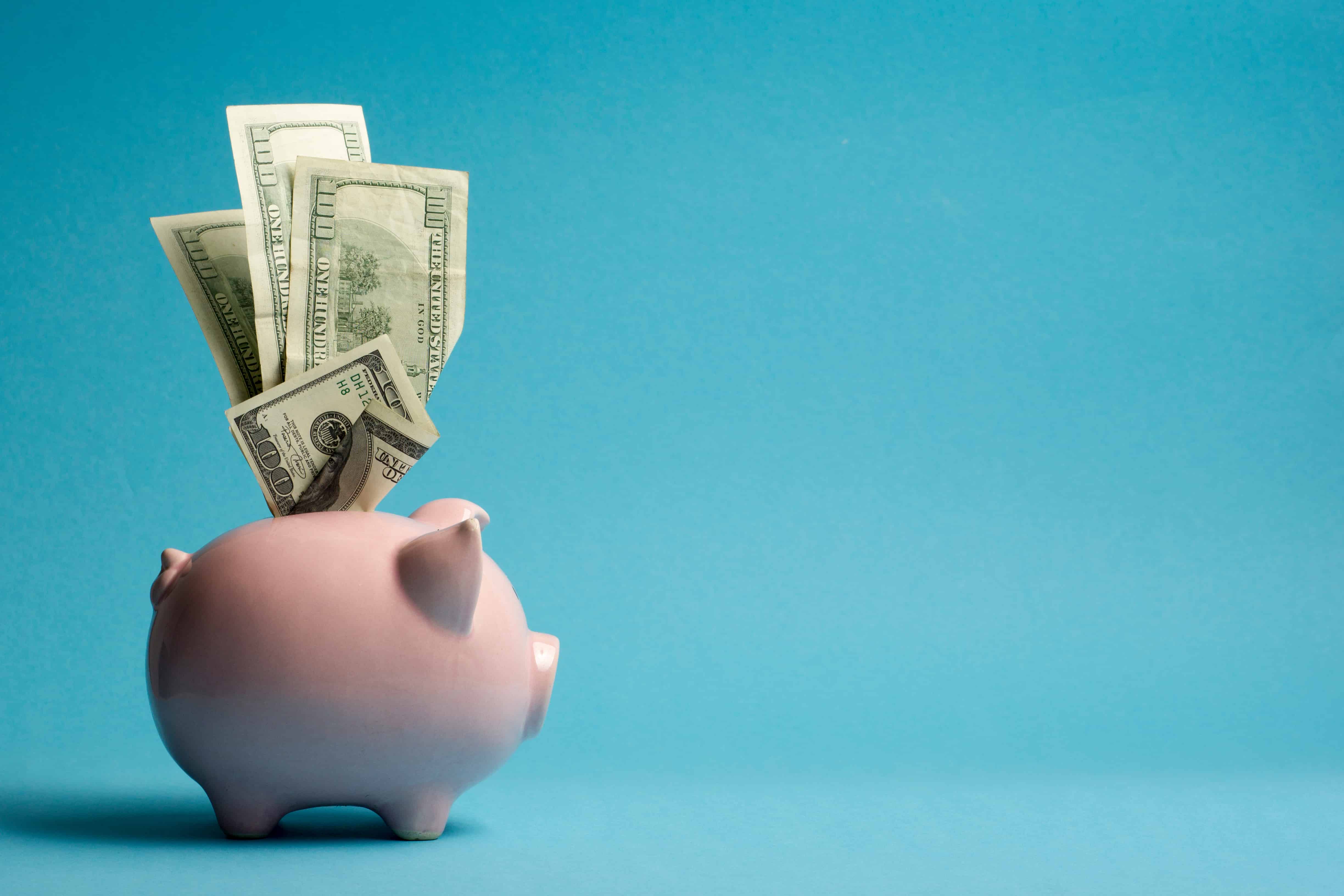Everyone thinks that saving money is a challenge, but the truth is that it can be easy. All you need to do is change up a few things in your daily lifestyle and you can end up saving a lot. It might be tough at first to switch up your lifestyle, but it will be better in the end and you will not miss your old habits at all!
Money Habits You Should Avoid
You may not realize it, but many small habits that you do every day affect your savings. Habits you should consider getting rid of are:
- Buying Coffee from a Coffee Chain Everyday
- Making it a Habit to Eat Out and Not Maximizing Your Use of Groceries
- Not Following a Budget for Your Everyday Expenses
- Plugging in Your Unused Appliances
- Not Putting Aside Your Change
- Purchasing Unnecessary Things and Buying Things With the First Price You Come Across
Buying Coffee from a Coffee Chain Everyday
A lot of people prefer starting their day with a cup of coffee. There are many coffee chains on every corner like Starbucks, Dunkin, and more. In fact, every year, a lot of Americans unconsciously pay $1,100 for coffee, or $92 per month. However, wouldn’t it be easier and cheaper to make coffee in your own kitchen? Whether you have a classic Americano or a complicated macchiato with almond milk, you can just buy what you need and make coffee at home for a lower price than it would cost you to buy coffee from the nearest Starbucks.
Making it a Habit to Eat Out and Not Maximizing Your Use of Groceries
Not everyone likes to cook, especially the cleanup process that comes after. This is why more people prefer to eat out, but it can be quite a strain on your savings. The more cost-effective option is to cook at home. You can always treat yourself to a nice meal every once and a while, but you should focus on eating home-cooked meals regularly. For instance, a home-cooked meal could cost you about $4 for groceries, on average. On the other hand, eating out could cost you $13. Eating at a restaurant costs 325% more! You can save loads of money when you cook at home.
As mentioned above, cooking at home is essential to saving. To take it a step further, you should consider maximizing your use of groceries. This means that you should think about using any and all coupons you have. As a matter of fact, coupons help a typical family in America save $1,465 per year. Additionally, when you buy your groceries, you should make sure that none of the things you buy are wasted. In order to do so, you should store your groceries well and use them only when you need to. If you want to know exactly what you need for your next trip to the grocery store, then you can always plan out your meals for the week.
Not Following a Budget for Your Everyday Expenses
If you do not already track your daily expenses, then maybe it is time to start. You can do so with a daily budget. Budgets help you monitor your expenses and reach your financial goals. You can find a lot of free tools online that can create a budget for you. All you have to do is update it daily. Surprisingly, one neat tool you can find is on Google Sheets. Google Sheets has a budget template that you can use and update on a daily basis. All you need to do is fill out your paycheck and fill in whenever you spend money. This way you can place expectations for the coming month and monitor your progress.
Plugging in Your Unused Appliances
Many people assume that shutting off appliances means they are saving money on electricity. That is, unfortunately, not entirely true. Appliances can still be sucking up power, even if you turn them off and keep them plugged in. You can save a lot from unplugging your appliances. Another option is to use a surge protector. You will find that, typically, a surge protector will automatically cut off all power for appliances you are not using.
Not Putting Aside Your Change
A lot of people disregard spare change since it might not be a lot of money. Before you turn in for the night, gather all your loose change and put it in a piggy bank. This will pile up faster than you think! When you have a nice chunk of change after saving, you should go to a coin counter and exchange them for cash.
Purchasing Unnecessary Things and Buying Things With the First Price You Come Across
Treating yourself can be a good thing, but it’s important to keep in mind the expenses behind it when trying to save. You should concentrate on buying what you need versus what you want. If your closet and your fridge are full-stocked, there is no need for more. When you work on being financially stricter, you can limit yourself to where your money goes.
When you buy something, you should know there is a wide range of prices for the thing you want to buy. This is where comparison shopping comes in handy. When you comparison-shop, you can compare different prices on the same item you are planning to buy. For instance, let’s say that you are in the mood for pineapples. One grocery store might sell them for $1.00, while another store could be selling them for $.79. It might not be a lot, but it can make a difference. Additionally, you can apply this to other costs too, like your insurance, your gym memberships, and so on!
In Conclusion
If you want to save money, there are more ways than one to do so. There are daily habits that you should consider getting rid of to help you save money later on. Some of these habits are:
- Buying Coffee from a Coffee Chain Everyday
- Making it a Habit to Eat Out and Not Maximizing Your Use of Groceries
- Not Following a Budget for Your Everyday Expenses
- Plugging in Your Unused Appliances
- Not Putting Aside Your Change
- Purchasing Unnecessary Things and Buying Things With the First Price You Come Across
Whether you decide to eat at home every day or comparison-shop for everything you buy, it won’t matter if you do not stay on track. If you need more support in managing your finances, then you can always benefit from reaching out to a professional.



